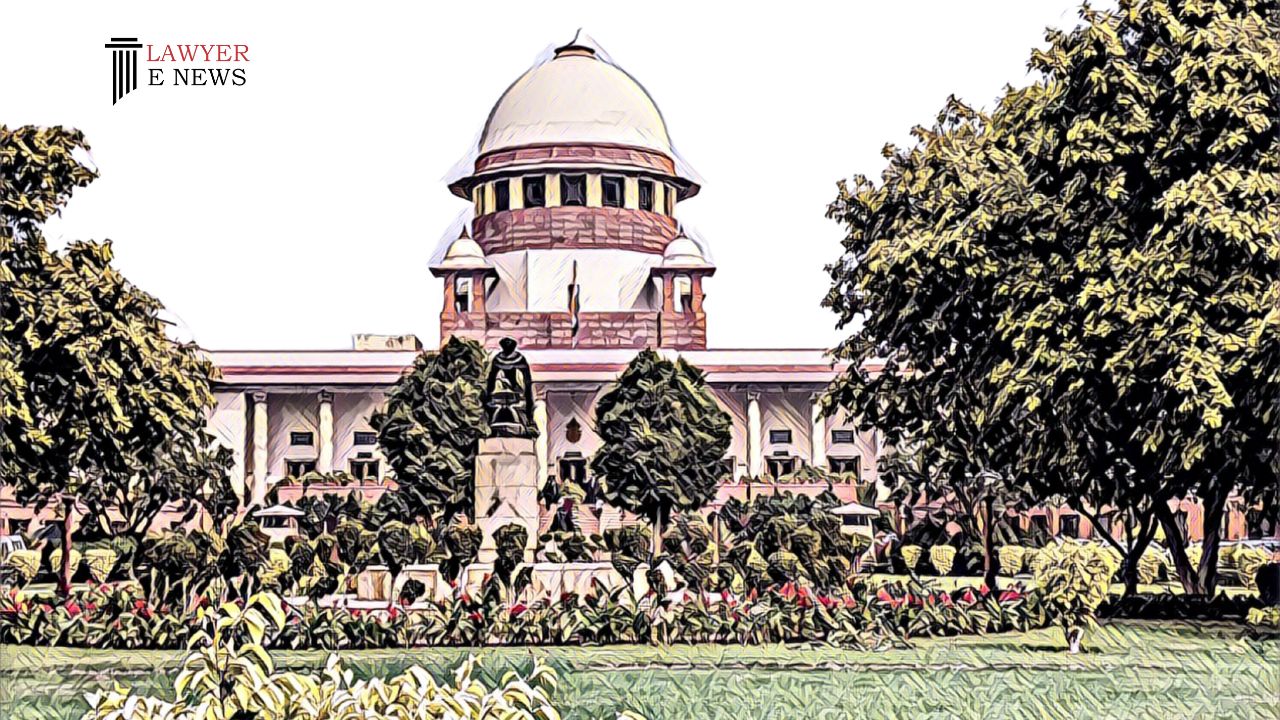-
by Admin
16 February 2026 1:47 PM



In a significant judgment passed by the Supreme Court of India, Ram Singh, previously convicted of murder and attempt to murder under Sections 301 and 302 of the Indian Penal Code, has been acquitted. The Bench comprising Justices Abhay S. Oka and Ujjal Bhuyan delivered the verdict on 21st February 2024, citing glaring inconsistencies in the prosecution’s evidence and the non-recovery of the weapon as pivotal factors leading to Singh’s acquittal.
The Supreme Court’s decision hinged on the inconsistencies within the prosecution’s evidence, particularly the contradictory testimonies of the eyewitnesses and the absence of crucial material witnesses. Moreover, the non-recovery of the alleged murder weapon, a country-made pistol, and the absence of a ballistic report linking the retrieved pellets to the pistol, further weakened the prosecution’s case.
The case originated from an FIR lodged in 1982, where Ram Singh was accused of murder and attempt to murder. The prosecution’s narrative was built around the eyewitness accounts of the incident. However, the testimonies of these witnesses, particularly PW1, PW2, and PW3, revealed significant discrepancies. The non-examination of key witnesses like Desh Raj, the brother of PW1, and the scribe Sunder Lal raised questions about the thoroughness of the investigation. Furthermore, the recovery of 55 small pellets from the deceased’s body during the autopsy contradicted the prosecution’s version of the events.
Justice Ujjal Bhuyan, in the judgment, meticulously dissected the evidence. The Court noted the contradictions in the eyewitness accounts and the unusual behavior of the non-examined witnesses. The non-recovery of the weapon, coupled with the absence of a ballistic report, was seen as a critical gap in the prosecution’s narrative. The Court, referring to precedents like Munna Lal Vs. State of U.P. and Gurucharan Singh Vs. State of Punjab, underscored the importance of ballistic evidence in firearm-related offenses. Given these considerations, the Court found the evidence against Ram Singh insufficient for a conviction.
The Supreme Court, applying the principle of the benefit of doubt, acquitted Ram Singh of all charges. The conviction and sentence imposed by the Additional Sessions Judge and confirmed by the High Court were set aside. The appellant was ordered to be released forthwith unless required in another case.
Date of Decision: 21st February 2024.
“Ram Singh vs The State of U.P.”
